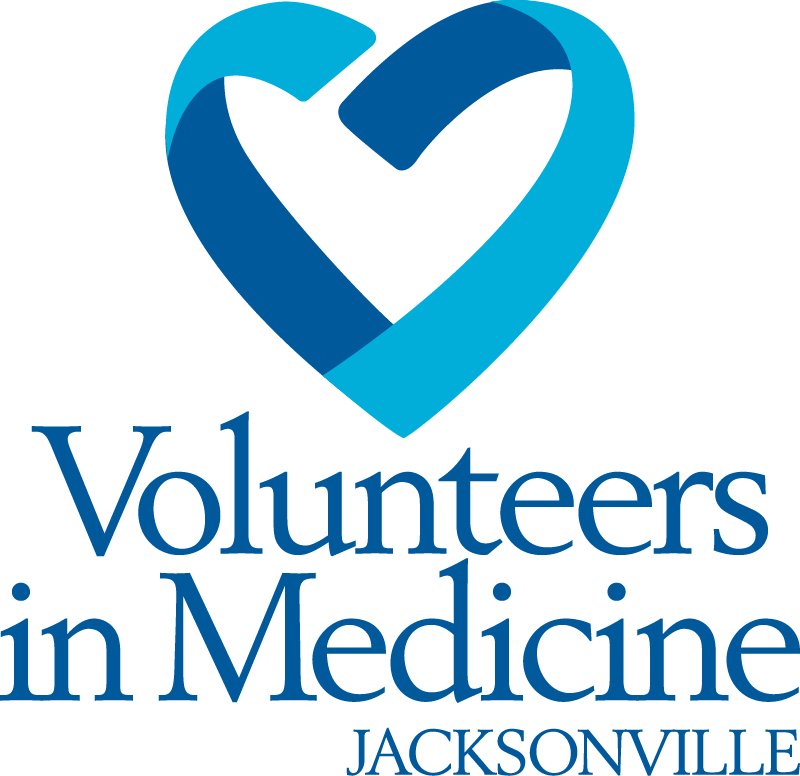Suicide Awareness Month: 5 Warning Signs and 5 Calls to Action to Protect our Youth
For a long time, our culture has avoided discussing difficult topics out of fear that addressing them might make things worse. This is especially true when it comes to suicide, which remains heavily stigmatized even today. Did you know that suicide is the second leading cause of death among children ages 10-14? It can even affect children as young as five years old. As September is Suicide Awareness Month, we encourage parents to join us in raising awareness about the realities of suicide, learning to recognize the warning signs in their children, and developing strategies to address these concerns directly through supportive and healthy interactions.
Research by Suherman, Hema Malini, and Renidayati (2018) explored common warning signs of potential suicidal ideation (or suicidal thoughts) in adolescents. This list includes some of the key warning signs they identified:
1. Suicide Notes
Now, you might think that this warning sign might be written in a journal or texted to a friend. You might be right! But what about on social media? Through a school project? Before breaching trust with your child, it's important to first consider these more public displays of distress.
2. Desiring to Escape
Nonverbal cues can be just as significant as verbal ones. Is your child retreating or isolating themselves more often than usual? This could be a sign they are struggling.
3. Giving Precious Items Away
This can be a sign that a child is contemplating leaving their current life behind and wants to leave cherished items in the hands of loved ones.
4. Loss of Interest in Hobbies
If your child no longer finds joy in activities they once loved, it could be a sign of underlying depression or hopelessness.
5. Engaging in Risky Activities
Increased participation in dangerous behaviors could indicate a lack of concern for personal safety, a warning sign of deeper emotional distress.
The good news is that you don’t have to navigate this alone! Increasing research has identified factors like resilience and community support that decrease the likelihood of a minor following through with suicide.
Here’s what you can do:
1. Help them find someone they look up to.
Nielassoff et al. (2023) conducted a study in France and found that the number one protective factor against suicide in minors is a high-quality relationship. Encourage your child to connect with a mentor or role model who can provide guidance and support. Have you checked with your local Boys and Girls Club? How about school programs that offer mentorship?
2. Offer social bids.
A social bid is any attempt to connect emotionally, socially, or mentally. These can be as simple as a smile, a question, or a gesture that invites interaction. Maintaining a connection with your child is crucial to understanding what’s going on in their mind and creating a space for unconditional love and support. Are your social bids not being received well? Consider talking to a counselor to explore other ways to show your support!
3. Know the 988 Suicide & Crisis Lifeline.
Do you know that there is a national suicide hotline? By dialing 988, you can access support 24/7. This service connects individuals in crisis with local resources and provides psychological first aid to help manage difficult emotions.
4. Know your local resources.
Communities like Jacksonville have stepped up to provide support services for those experiencing a mental health crisis, including minors! Some local resources include:
Full Service Schools: This program ensures that a mental health therapist is assigned to each school and is available to meet with students during school hours, mitigating the barriers of transportation and access to care that exists for many students.
Here Tomorrow: This organization works to create a community where mental health support is acceptable and accessible means that all of us have a part.
Mental Health Resource Center: MHRC helps people improve their well-being and achieve their goals by providing comprehensive behavioral healthcare and social services.
Family Support Services: This organization’s mission is to be the leader in providing safety, stability, and quality of life for all children by working with the community to strengthen the family unit.
And, of course, Volunteers in Medicine supports you through various services as you navigate your and your minor’s wellbeing and mental health! Ask us how we can help today.
5. Support Your Minor’s Emotional Intelligence.
It’s easy to label feelings as “bad” when they are overwhelming and make it difficult to function. However, denying the existence of negative emotions robs us of the ability to understand them— Model to your minor how to recognize their feelings, understand what those emotions are trying to convey, and how to respond to them without letting them define their identity.
Now, displaying these warning signs are just that—Warning signs! It’s important not to jump to conclusions, but rather maintain a curious attitude regarding your minor’s mental health. If you have concerns, a trained professional can help assess the situation. Check out our therapy and mental health services available at Volunteers in Medicine to explore what treatment options are available for you and your minor!
References
Nielassoff, E., Le Floch, M., Avril, C., Gohier, B., Duverger, P., & Requin, E. (November 2023). Protective factors of suicidal behaviors in children and adolescents/young adults: A literature review. Archives de Pediatrie, 30(8), 607-616. https://doi.org/10.1016/j.arcped.2023.07.006
Suherman, S., Malini, H., & Renidayati, R. (2018). Identification early warning signs of suicidal behavior among adolescents. Elevate: The International Journal of Nursing Education, Practice and Research, 1(2), 145-150. https://doi.org/10.25077/elevate.1.2.145-150.2018

